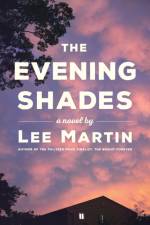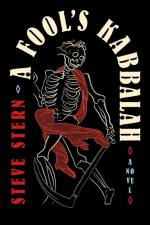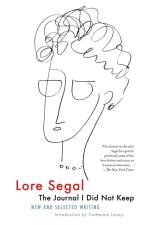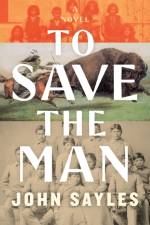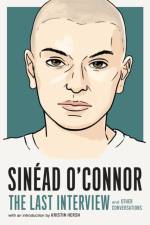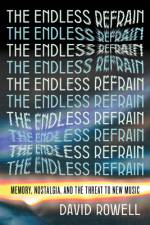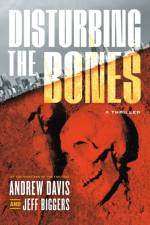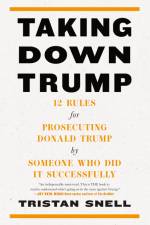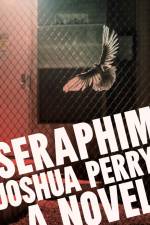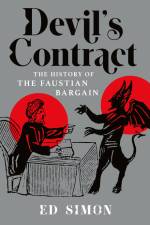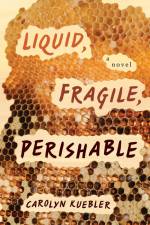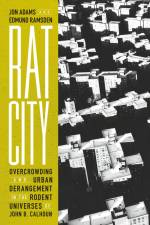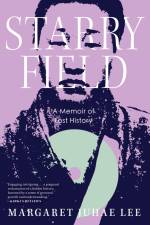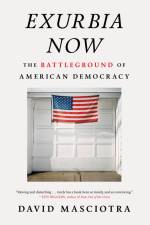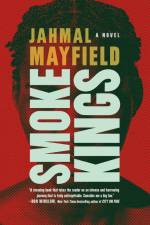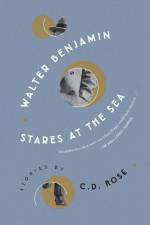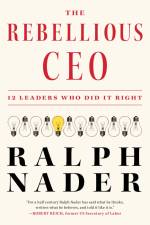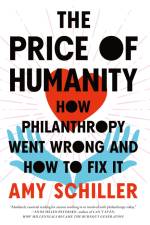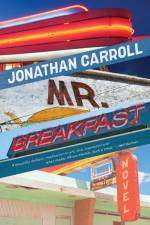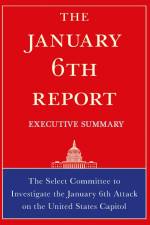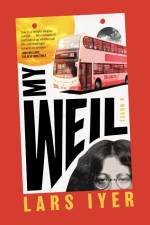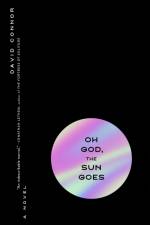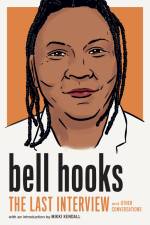av Jon Adams
371
A New York Times Editors' Choice"Entertaining, phenomenally weird . . . Rat City may well be the world’s first-ever work of socio-biographical-scientific pop history. . . .a freaky romp down a peculiar passage in the history of ideas, full of oddball cameos (Aldous Huxley! Buckminster Fuller!) and some very sharp science writing."—The New York Times"Facebook, Yik Yak, Twitter, Twitch—each had a sunny, expansive phase, followed by a descent into flaming, catfishing, and troll wars. To the extent that Calhoun’s rats have any sociological relevance, it would seem to be in the mirror world of the Web. What, after all, could be a better description of X these days than a “behavioral sink”?" —The New YorkerBehind the internet's viral "Universe 25" experiment and Robert C. O'Brien's iconic novel, Mrs. Frisby and the Secret of NIMH, was one scientist who set out to change the way we view our fellow man — using rats . . .After the Civil War and throughout the twentieth century, cities in northern American states absorbed a huge increase in populations, particularly of immigrants and African Americans from southern states. City governments responded by creating new regulations that were often segregationist — corralling black Americans, for example, into small, increasingly overcrowded neighborhoods, or into high-rise “projects.”The situation intensified after World War II, as rising crime and racial unrest swept the nation, and blame fell on the crowded conditions of city life. The hardest-hit populations were left marginalized and voiceless. Enter John B. Calhoun, an ecologist employed by the National Institute of Mental Health to study the effects of overcrowding on rats. From 1947 to 1977, Calhoun built a series of sprawling habitats in which a rat’s every need was met—except space. The results were cataclysmic. Did a similar fate await our own teeming cities?Rat City is the first book to tell the story of Calhoun’s experiments, and their extraordinary influence — an enthralling record of urban design and dystopian science. Meticulously researched, it follows Calhoun’s struggle to solve the problem of crowding before America’s cities drain into the behavioral sink. And as the “war on rats” continues around the world, and our post-pandemic society reevaluates the necessity of urban living, the riveting story of Rat City is more relevant than ever.

